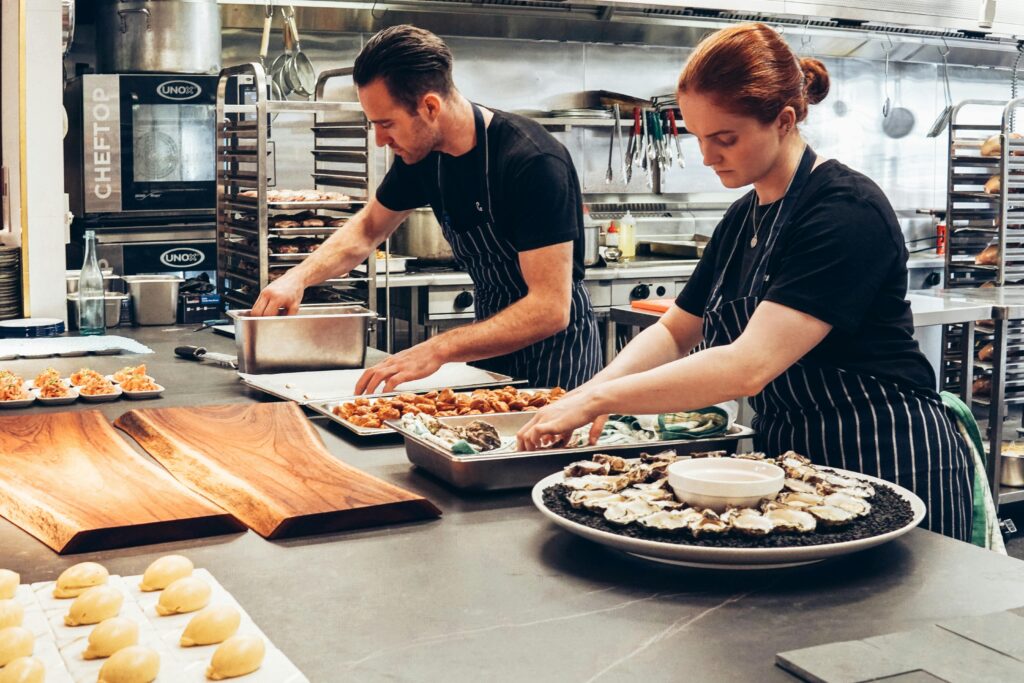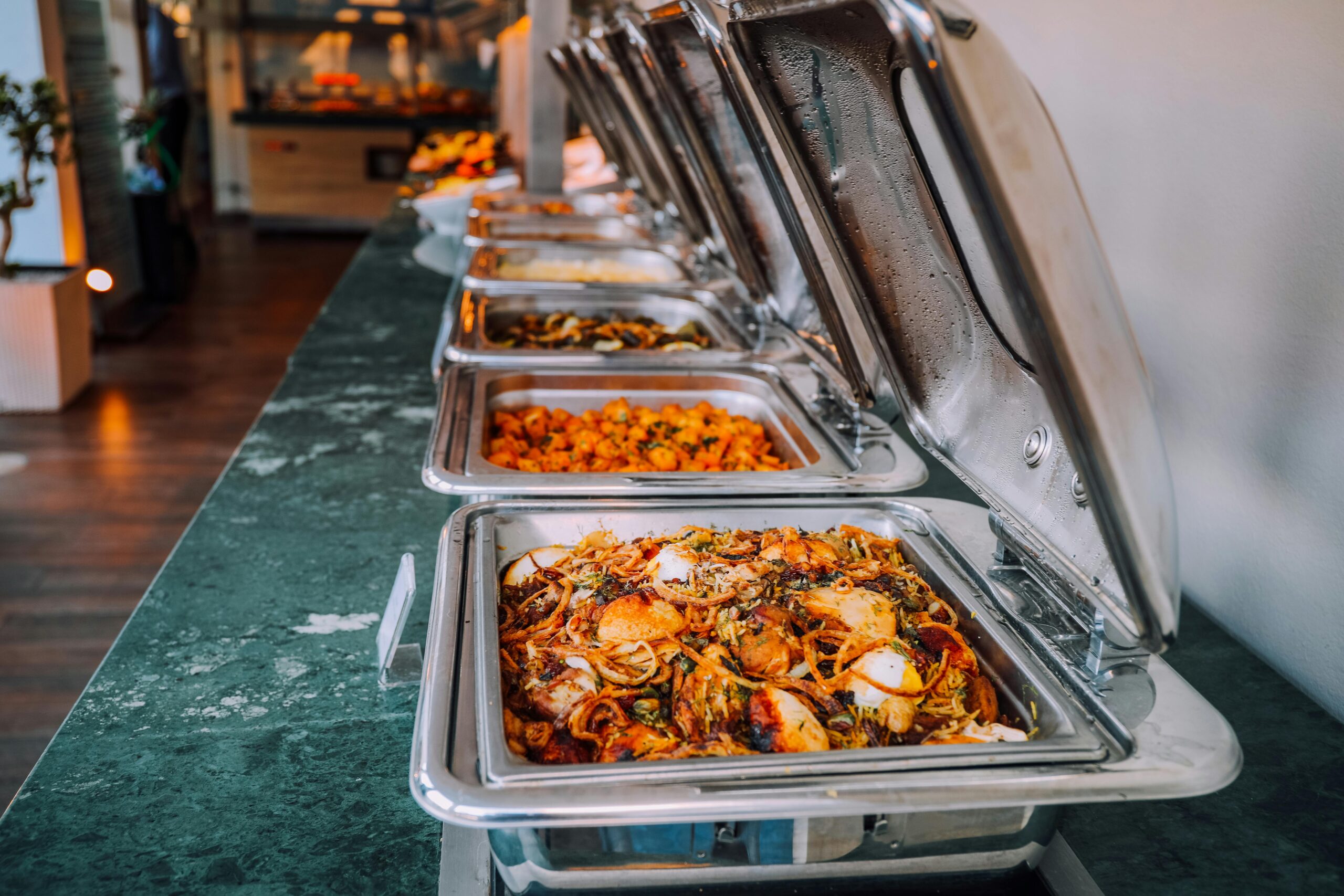Introduction
Starting a catering business can be a rewarding and profitable venture, especially in a location where events such as weddings, birthdays, corporate functions, and religious gatherings are frequent. However, success in the catering industry requires more than just cooking skills. There would be a need to have proper planning, business acumen, and excellent customer service to thrive. To start a catering business, the following ought to be done:

1. Conduct Market Research
Understanding the market is the first step to a successful catering business. Research should be conducted on:
- The demand for catering services in your location and the type of events that require catering services (weddings, corporate events, parties, etc.)
- The competition and their pricing models
- Customer preferences and dietary trends in the area (e.g., vegan, halal, low-carb meals)
2. Develop a Business Plan
A well-structured business plan would help you stay organised and focused. Your plan should include:
- Specific business goals and vision
- Target market and competition analysis
- Menu offerings and pricing
- Start-up and operational costs
- Marketing and sales strategies
- Growth and expansion plans
3. Obtain Necessary Permits and Licenses
Operating legally is crucial to running a successful catering business. Ensure you:
- Register your business with the appropriate bodies
- Obtain food handling and hygiene permits from the appropriate health authorities
- Follow local regulations for food safety and storage
- Get insurance to protect your business from liability risks
4. Choose Your Catering Niche
Specialising in a niche can help you stand out. Consider focusing on:
- Wedding and event catering
- Corporate catering for business meetings and conferences
- Private chef services for home events
- Healthy meal prep and delivery services
- Traditional or international cuisine catering
5. Develop a Winning Menu
Your menu is one of your biggest selling points. Create a menu that:
- Caters to diverse customer preferences
- Uses fresh, locally sourced ingredients
- Includes options for special dietary needs (vegetarian, gluten-free and such)
- Is flexible enough to be adjusted based on client requests
6. Secure Equipment and Supplies
Invest in the right equipment and supplies to ensure efficiency in your operations. Key items include:
- Cooking utensils and commercial-grade kitchen appliances
- Chafing dishes and serving trays
- Portable cooking equipment for off-site catering
- Packaging materials for food delivery services
- Storage containers for ingredients
7. Set Competitive Pricing
Your pricing should be competitive yet profitable. Consider:
- The cost of ingredients and labor
- Overhead costs (transportation, kitchen rent, utilities)
- The pricing models of competitors
- Offering different pricing packages to cater to various budgets
8. Create a Strong Marketing Strategy
To attract clients, you need a strong marketing plan. Strategies include:
- Building a professional website with your menu, pricing, and contact details
- Leveraging social media platforms (Instagram, Facebook, TikTok) to showcase your dishes
- Partnering with event planners and venues for referrals
- Encouraging word-of-mouth marketing through satisfied clients
9. Build a Reliable Team
As your business grows, you will need a team to support operations. Hire:
- Skilled chefs and cooks
- Experienced waitstaff and servers
- Event coordinators to manage logistics
- Customer service representatives for bookings and inquiries
10. Offer Excellent Customer Service
Providing top-notch customer service will keep clients coming back. Best practices include:
- Being responsive to inquiries and special requests
- Delivering food on time and in the best condition
- Maintaining high hygiene and food safety standards
- Following up with customers for feedback and improvements
11. Manage Finances Efficiently
Keeping your finances in check ensures business sustainability. Best practices include:
- Setting up a business bank account
- Using accounting software to track income and expenses
- Budgeting for operational costs and unexpected expenses
- Keeping financial records for tax and business growth purposes
12. Plan for Growth and Expansion
Once your business is stable, explore opportunities for expansion, such as:
- Introducing new menu items based on customer preferences
- Expanding to new locations or offering catering franchises
- Partnering with event halls and corporate clients for bulk catering
- Adding additional services like cake making or event planning

Starting a catering business requires careful planning, creativity, and a commitment to excellent service. By following these steps—conducting research, creating a business plan, marketing effectively, and maintaining quality—you can build a successful catering business that thrives in a vibrant food industry.

Leave a Reply